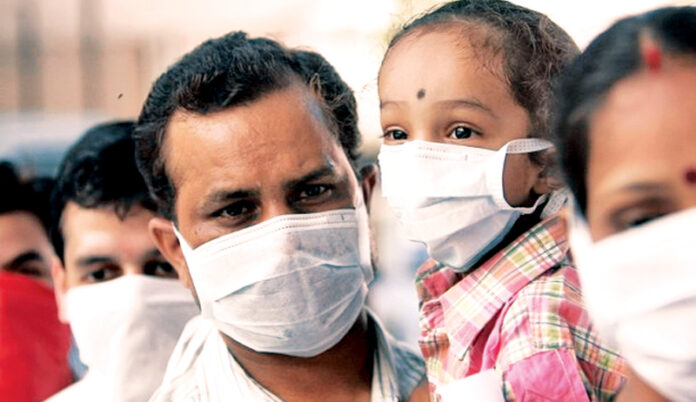January 09, Colombo (LNW): Seasonal influenza has made a notable return, with a surge in cases being reported across Sri Lanka in recent weeks.
As the colder weather settles in, health authorities are advising the public to remain alert and seek medical advice promptly if they begin to exhibit symptoms such as fever, cough, and a runny nose.
Dr. Chinthana Perera, a Consultant Epidemiologist, has specifically warned that pregnant women who suspect they may have contracted the flu should seek immediate medical attention.
He highlighted that the flu is particularly risky for certain groups, including children under the age of five, elderly individuals over 65, and those with underlying health conditions such as diabetes or cancer.
These vulnerable populations are at a higher risk of developing complications from the virus.
The influenza virus tends to spread more rapidly during the colder months, with a noticeable uptick in cases observed during the second week of November, December, and January.
Experts suggest that the shift in weather conditions plays a significant role in triggering these seasonal spikes in flu-related illnesses.
In addition to maintaining good personal hygiene, such as regularly washing hands and avoiding touching the face or mouth, health officials are urging the public to practice caution and adhere to preventive measures to reduce the spread of influenza.
These basic steps can help mitigate the risk of infection, particularly during peak flu season.
The World Health Organisation (WHO) has also noted that these seasonal surges are typically linked to respiratory pathogens such as influenza, respiratory syncytial virus (RSV), and human metapneumovirus (hMPV), which circulate more frequently during the winter and spring months.
Notably, recent reports from China have raised concerns over a rise in hMPV cases, with hospitals being overwhelmed in some areas.
Although hMPV typically causes mild cold-like symptoms in most cases, some individuals may experience more severe respiratory issues, requiring hospitalisation for conditions such as bronchitis or pneumonia.

